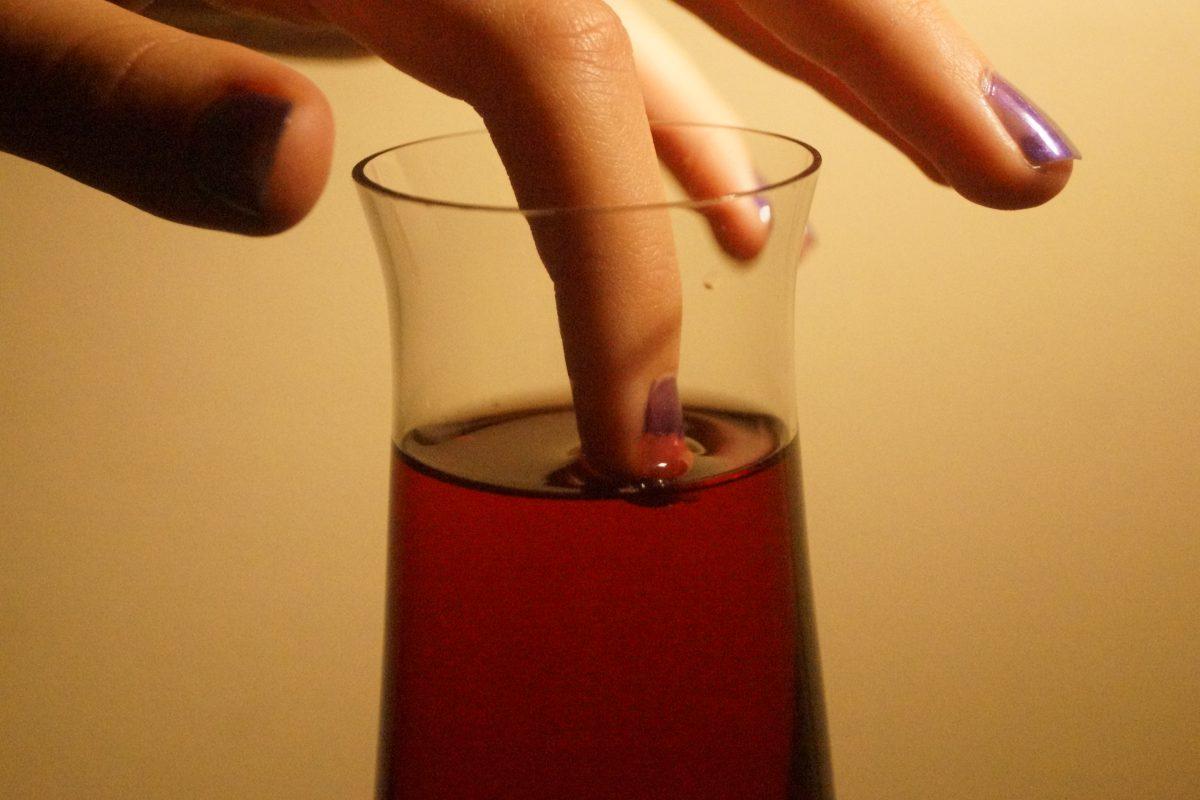Undergraduate entrepreneurs at NC State have recently received an influx of publicity for Undercover Colors, a nail polish that is meant to detect date-rape drugs in drinks.
Ankesh Madan, Stephen Grey, Tasso Von Windheim and Tyler Confrey-Maloney won the Lulu eGames this past year, a competition which is part of NC State’s Entrepreneurship initiative and in partnership with Lulu. The annual event’s purpose is to encourage students to develop solutions to real-world challenges.
The members of Undercover Colors declined to comment for this article.
The students want Undercover Colors to empower women against date rape drugs, to reduce the overall rate of drug-facilitated sexual assault and shift fear from the victim to the perpetrator, according to the competition’s website.
Undercover Colors is still in its research development stage, so the entrepreneurs themselves are not able to comment or provide insight about this new development in combating sexual assault. However, all the publicity Undercover Colors has received has initiated commentary about sexual assault and rape on campus.
Ashley Simons-Rudolph, director of the Women’s Center at NC State, expressed both excitement and skepticism about the new development.
“We at the Women’s Center, and everyone here at NC State, are excited that the students have developed a product that has the ability to impact social justice,” Simons-Rudolph said. “We salute their efforts, and we applaud their project for impacting such an important topic.”
It is impossible to know for sure the statistical amount of date-rapes that occur on campus because of the use of certain drugs, Simons-Rudolph said. Date rape is one of the least reported crimes, and Simons-Rudolph said this is a nationwide issue.
“The most common date rape drug is alcohol,” Simons-Rudolph said. “This nail polish can’t combat that. However, this can be considered one important step for the multitude of things we are doing on campus to educate students about rape and how to prevent rape.”
Simons-Rudolph said she the real problem that needs to be solved about rape and sexual assault is shifting the blame from the victim and back to the perpetrator, where the blame rightfully belongs.
“This is one thing that students can use to help prevent rape, but what we really encourage is ‘bystander intervention’ — if you see something, say something,” Simons-Rudolph said. “If you see a situation that doesn’t look quite right, say something, or if you go to a party with a friend, leave with that friend. There are many strategies we believe are especially important to prevent rape.”
Simons-Rudolph said she agreed that Undercover Colors is a tool that can potentially empower people, but it does not succeed at shifting the responsibility back to the perpetrator of the rape.
“Society needs to hold rapists accountable for their actions, and we need to come together as a Wolfpack community, and if we see something, say something, and interrupt that action before sexual assault or rape happens,” Simons-Rudolph said.
Bethany Daley, a sophomore in elementary education, said she is in favor of the product, regardless of the controversy surrounding Undercover Colors.
“I think that it is a neat way to provide a little extra bit of protection,” Daley said. “If I set my drink down somewhere, I would have peace-of-mind.”
Daley and other female students view Undercover Colors as a potential new safety precaution, and Simons-Rudolph expressed her wariness of this perception.
“When we talk about preventing rape, the responsibility gets shifted on to the potential victim, and that disproportionally impacts women,” Simons-Rudolph said. “Again rape is one of the few crimes where the victim often gets blamed: ‘What were you wearing? Were you drunk? And now, were you not wearing the nail polish?’ That’s what we want to avoid. Anytime a crime is perpetrated, whoever committed that crime should be blamed.”
Simons-Rudolph said she would rather let students know about all the services and support that NC State provides to victims and potential victims instead of just shoving students off with tips on how to avoid rape.
Services such as the crisis RSVP line provides students with people who can help them and provide information and resources. The Women’s Center has two full-time staff members assigned to the issue of rape and sexual assault, as well as student organizations such The Movement: Ending Interpersonal Violence.
“The campus is really committed to making sure interpersonal violence is prevented, and we offer students support, and we want survivors to reach out so we can help support them,” Simons-Rudolph said.








